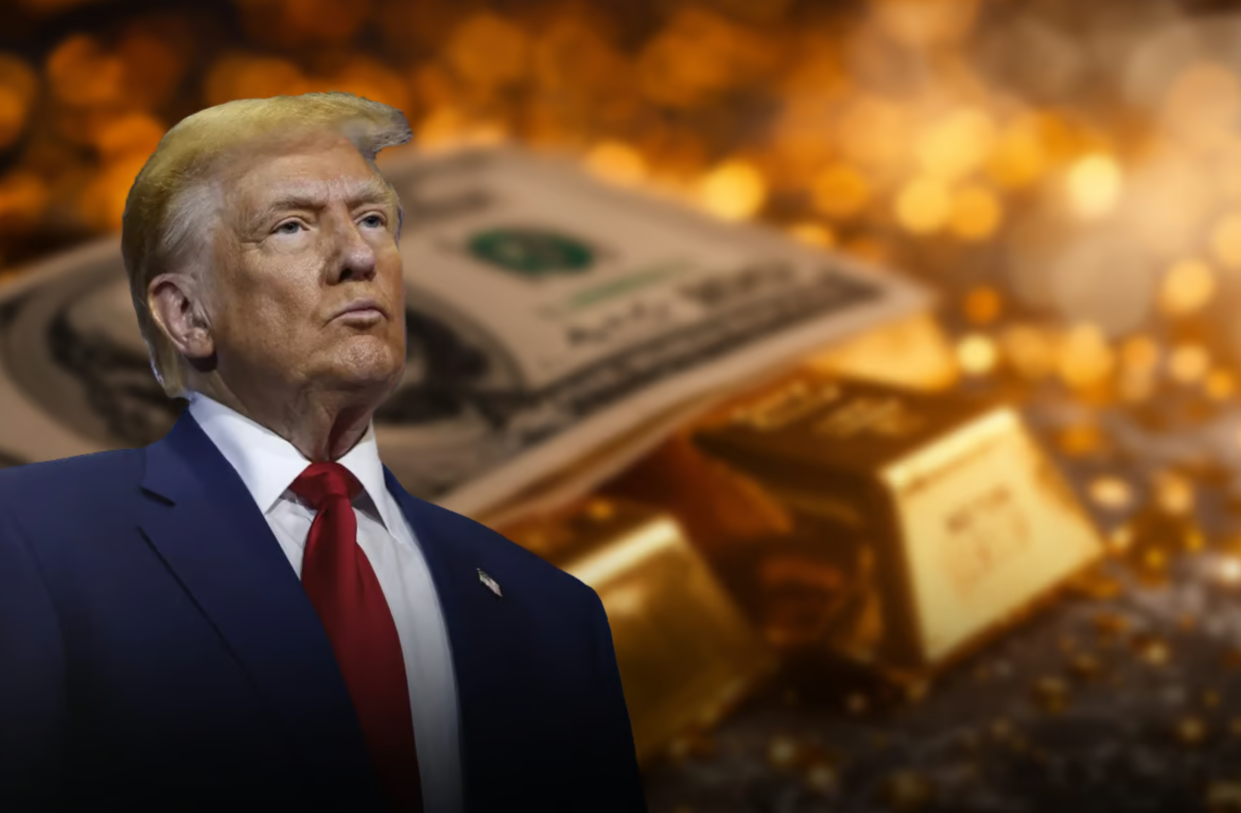U.S. presidential elections are more than just a political event; they are moments of global significance that have a profound impact on various financial markets, including the currency market. Currency markets are inherently sensitive to political shifts, as any change in leadership can lead to adjustments in economic policy, investor sentiment, and, ultimately, the value of a country’s currency. This article delves into the complex relationship between U.S. presidential elections and the currency markets, exploring historical precedents, key economic drivers, and the role of investors during election cycles.
The Historical Impact of U.S. Elections on Currency Markets
To understand the impact of U.S. presidential elections on currency markets, it’s essential to examine past election cycles and their immediate effects on the global currency landscape. Throughout history, elections have often been accompanied by periods of heightened volatility in currency markets, with significant fluctuations in the value of the U.S. dollar (USD) and other major currencies.
Each election brings unique elements to the table, with different candidates proposing distinct economic agendas. The election cycle can also affect the broader market in different ways depending on whether the incumbent president remains in office or a new political party takes control. This change in leadership can lead to changes in fiscal policy, international trade relationships, and regulatory approaches, which all influence currency movements.
The market’s reaction to presidential elections is often swift, but the effects can also extend far beyond the immediate aftermath. Investors might adjust their portfolios, hedge their risks, and prepare for long-term shifts based on the anticipated policies of the new administration. These decisions have significant implications for the currency market, which is particularly sensitive to expectations about interest rates, inflation, and government spending. For more info like this, continue reading.
Key Economic and Political Factors Driving Currency Market Movements
A variety of economic and political factors drive currency market movements during U.S. presidential elections. One of the primary catalysts is the policy proposals of the candidates. Economic policy is at the heart of any presidential election campaign, with candidates offering differing visions for taxation, government spending, and trade. These policy proposals can have direct implications for the value of the U.S. dollar and other currencies.
Global economic conditions also play a crucial role in determining how presidential elections influence currency markets. For example, a U.S. election held during a period of global economic instability may exacerbate existing market anxieties, leading to greater volatility in currency markets. Alternatively, if the U.S. economy is performing well, the election may have a less significant impact on currency movements, as the stability of the economic fundamentals may outweigh political uncertainties.
Another key factor is investor sentiment, which can be heavily influenced by political uncertainty. Presidential elections, particularly contentious ones, often generate a sense of unpredictability, which can cause fluctuations in currency markets as investors react to potential changes in government policy. If a candidate is perceived as likely to bring about significant economic change or if there is uncertainty about the outcome of the election, investors may seek safe-haven currencies like the Japanese yen or Swiss franc, pushing down the value of the U.S. dollar.
How Currency Traders React to U.S. Elections
Currency traders are acutely aware of the heightened volatility that accompanies presidential elections, and they often adjust their strategies accordingly. In the period leading up to the election, many traders adopt more cautious approaches. Pre-election periods are typically marked by uncertainty, as traders try to gauge the likely outcome of the election and assess how various political scenarios might influence currency markets. Traders may hedge their positions, reducing exposure to the U.S. dollar or other major currencies, in anticipation of potential market swings.
The election day itself is a time of intense volatility. Currency markets can experience dramatic swings as results come in, especially in close races or when unexpected outcomes occur. For example, the 2020 U.S. presidential election was characterised by uncertainty regarding the winner, and currency markets reacted with sharp fluctuations as early results indicated a tight race between Donald Trump and Joe Biden. The market’s reaction in these instances is often driven by the shifting expectations about the future direction of economic policy.
The Role of Media and Public Perception
The media plays a significant role in shaping public perception of the U.S. presidential election, and this, in turn, affects currency markets. Media coverage of the candidates, their policies, and the election process can create significant volatility in the lead-up to the election. For example, media narratives that portray a candidate as a “market-friendly” choice can prompt positive market reactions, while negative coverage about a candidate’s potential economic policies can lead to market concerns.
Public perception can also drive currency movements. If voters perceive a candidate as likely to foster economic stability and growth, it may lead to a stronger currency. On the other hand, if a candidate is seen as threatening economic stability or pursuing controversial policies, investors may react by pulling capital out of the U.S. or shifting to safe-haven currencies.
Conclusion
The relationship between U.S. presidential elections and currency markets is complex and multifaceted. Currency markets are influenced by a wide range of factors, from economic policy and trade relationships to investor sentiment and media coverage. By understanding these factors and observing historical precedents, traders and investors can better prepare for the potential effects of elections on currency markets.

